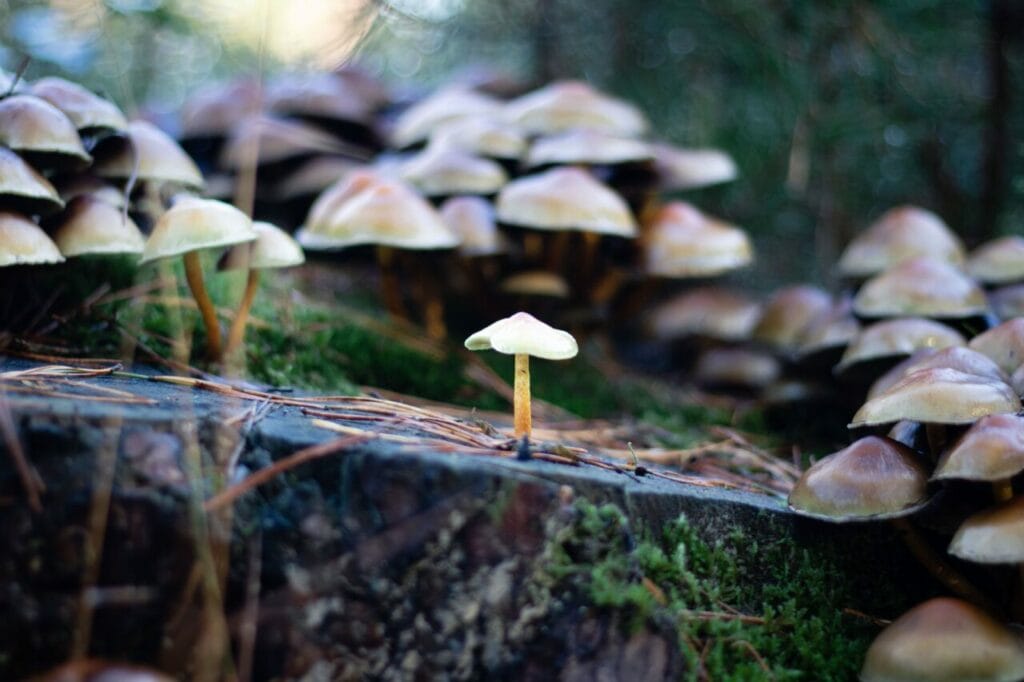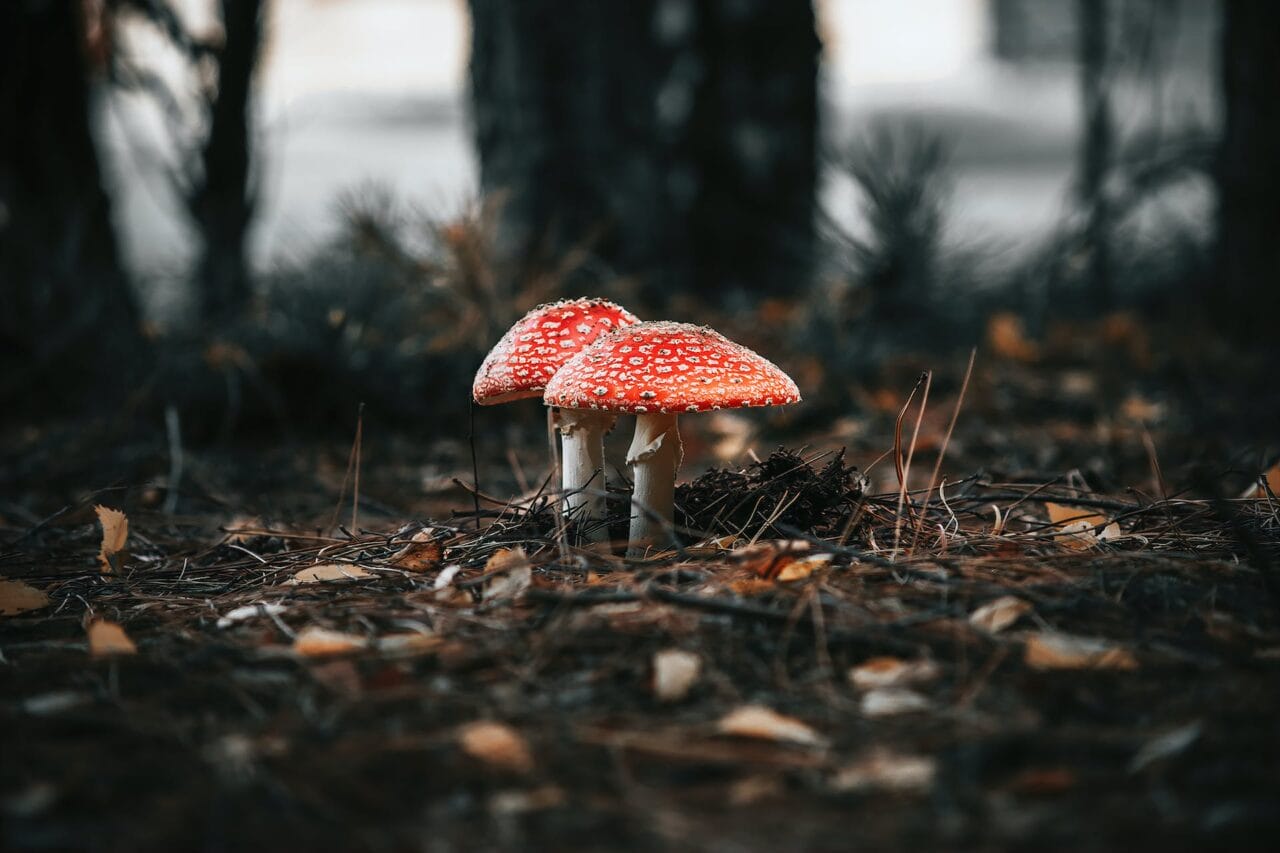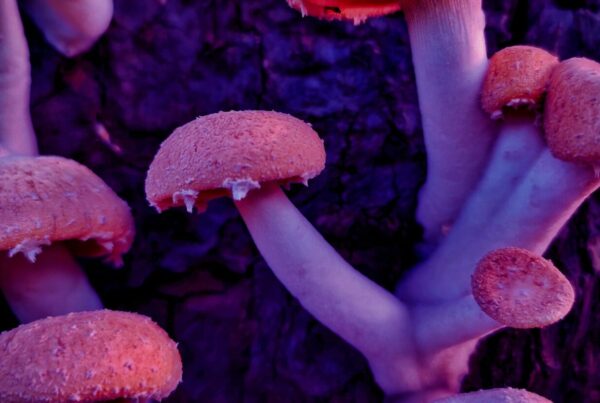Interest in psilocybin is surging, driven by studies examining its potential advantages for mental health conditions such as anxiety and addiction. Nonetheless, procuring psilocybin remains a challenge. There are only a limited number of labs and shroom delivery services supplying magic mushrooms, and the costs can be fairly high.
This article will delve into the evolution of psilocybin, its current status, and the potential benefits it could provide for those seeking help.
[toc]Highlighted Points:
- Mushroom cultivation requires significant labor and careful monitoring to avoid contamination during the inoculation phase.
- Psilocybin triggers a psychedelic experience by interacting with various brain areas, especially the serotonin receptors.
- Psilocybin causes only a minor increase in heart rate, which stabilizes shortly after ingestion, and generally does not bring about other negative effects.

Delivering Only Top-Notch Quality Magic Mushrooms
Magic mushrooms naturally thrive in diverse environments like manure-enriched pastures, leafy temperate forests, grasslands, and woodlands. Over time, people have roamed these sites to collect these fungi for medicinal purposes or to use them in spiritual and religious rites.
Conventional Approach
Nowadays, the traditional practice of foraging for mushrooms in these natural habitats is less common. This shift can be attributed to the rise of other methods such as cultivation or the ability to buy magic mushrooms online.
Wild mushrooms are usually less potent than their lab-cultivated counterparts, which are carefully grown under controlled circumstances. Also, there’s a danger of accidentally picking a poisonous variety when foraging in the wild.
Contemporary Approach
The shroom production process starts by nurturing spores to maturity, which involves a complex procedure that requires a
A great deal of time and meticulous attention is invested to ensure there is no contamination during the inoculation phase. Once the mushrooms are ripe for harvesting, they are commonly dried by labs or cultivators to improve their shelf life. Fresh mushrooms have a lifespan of only a few days, while dried ones can be preserved for several months, and in some cases, up to a year.
Manufacturers process dried mushrooms into various forms, including microdose capsules, edibles, tinctures, and beverages. These products are then distributed across Canada through magic mushroom delivery services.
Capitalizing on the Benefits of Psilocybe Cubensis, or Magic Mushrooms
Researchers conduct clinical trials on mushrooms primarily to understand their impact on mental health and mood disorders, based on anecdotal evidence. There are numerous studies exploring these effects, from microdosing with capsules to having a mushroom trip with dried mushrooms or chocolate edibles.
Once consumed, psilocybin is metabolized into psilocin. This compound functions similarly to serotonin, a neurotransmitter essential for mood regulation. It interacts with various brain areas, particularly the serotonin receptors, to induce a psychedelic journey.
Those who participate in psilocybin therapy often report substantial changes that go beyond heightened senses and visual alterations. These experiences can lead to a significant shift in self-perception and a profound change in personal perspective, frequently marked by deep insights.
Depression and Suicidal Tendencies
A study in the Journal of Psychopharmacology explored the effects of a psychedelic experience on individuals grappling with depression and suicidal thoughts. Most participants described their encounter with psilocybin as highly significant and underscored its potential influence on their lives. Such high levels of satisfaction could boost the effectiveness of therapy, considering the importance of patient engagement in mental health interventions.
Safety Profile
Researchers study not only the effects of psilocybin on depression and anxiety, but also its safety profile. A study in JAMA Psychiatry revealed that participants given psilocybin experienced a slight rise in heart rate and blood pressure two hours after consumption. However, further analysis using Holter monitoring showed no significant increase in the risk of cardiac arrhythmias in the psilocybin group compared to the niacin group. The study also found no significant psychological distress among users.





